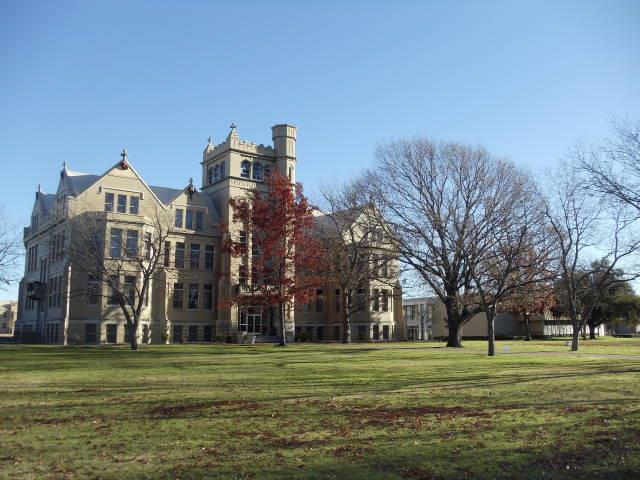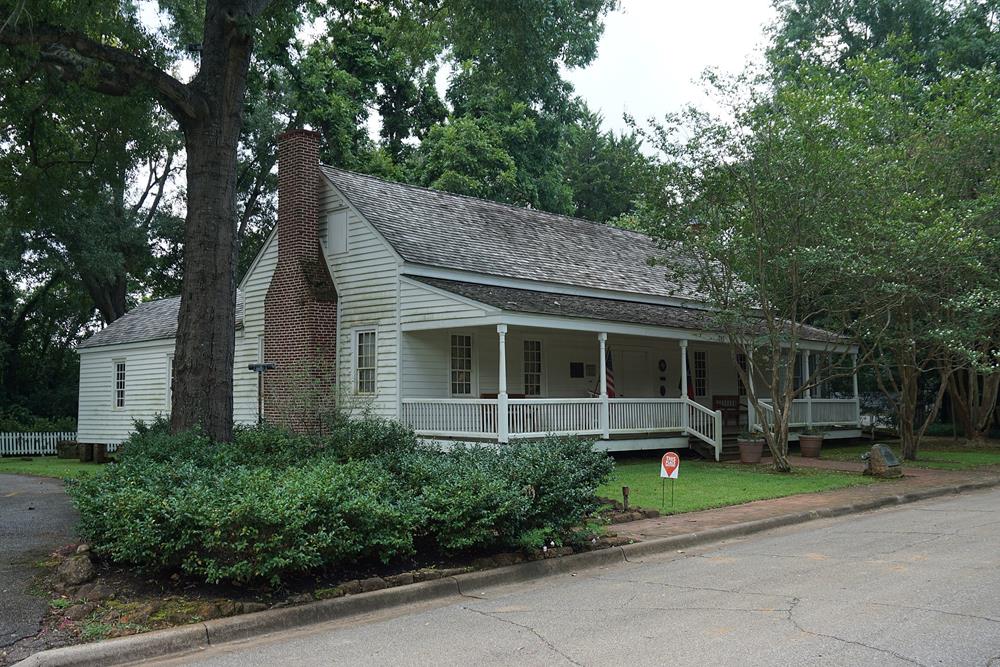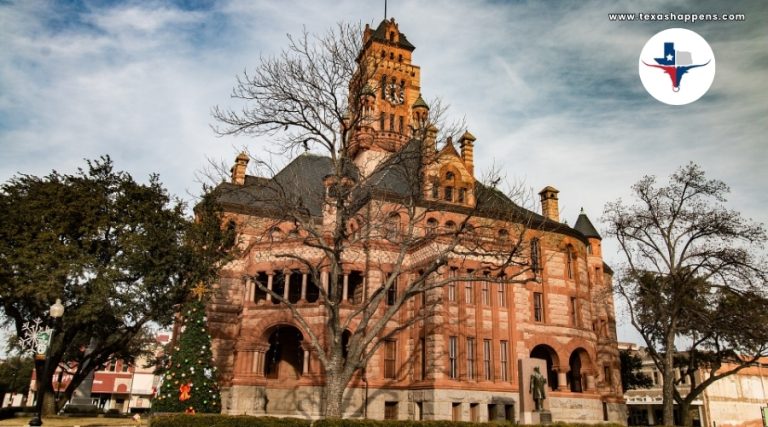Texas is big—really big. With over 1,200 incorporated cities and towns, it’s no surprise that some names leave outsiders tongue-tied. Texans have a way of making words their own, whether it’s Spanish names with a local twist, French words said with a Southern drawl, or completely unexpected pronunciations. If you don’t want to stand out as a newcomer, learning how to say these names the right way is essential. Here’s a guide to some of the most mispronounced Texas city names and how to pronounce them like a local.s
Commonly Mispronounced Texas Towns
When visiting Texas, you might stumble over the pronunciations of some town names, but don’t worry—you’re not alone. Texas is a melting pot of cultural influences, and its town names reflect this diversity. Mispronunciation examples abound, with regional dialects adding another layer of complexity. Take Waxahachie, for instance; many visitors mistakenly say it as “Wax-a-hatch-ee,” but its Native American roots give us “Wok-sah-hach-ee.”
Amarillo, known for its lively culture, often gets called “Am-a-rillo,” though it should be “Am-a-ril-lo.” Then there’s Boerne, which people frequently mispronounce as “Burn-ee,” though it’s correctly “BER-nee,” showcasing its German heritage. Likewise, Llano‘s pronunciation often confuses, mistakenly said as “Llan-o,” while it should be “LAN-oh” or “YAH-noh.” Texas also boasts unique towns like Paris, Texas with its iconic Eiffel Tower replica, adding a dash of European flair to the state.
San Antonio’s home county, Bexar, trips up plenty of visitors. It might look like “Bex-arr,” but Texans pronounce it “Bear.” This Spanish-origin name comes from San Antonio de Béxar, a mission and presidio established in 1718. Unless you want a long-winded history lesson, just say “Bear” and move on.
View this post on Instagram
If you say “Mex-ee-uh,” you’ll get some side-eyes. The correct pronunciation is “Muh-HAY-uh.” The town, located east of Waco, was named after José Antonio Mexía, a general in the Texas Revolution. A local once explained it best: “Mexia—where my ex lives.”
In Texas, Palestine is not pronounced like the region in the Middle East. Instead, it’s “Pal-uh-steen.” Founded in 1846, this East Texas town proudly holds on to its own unique pronunciation, and locals will correct you if you get it wrong.
Refugio, this South Texas town’s Spanish roots should mean it’s pronounced “Reh-FOO-hee-oh”, but that’s not how Texans say it. Instead, locals go with “Reh-FURY-oh” or sometimes even “Reh-FURR-yo.” However you say it, just know that the “G” is not involved.
Just outside of Austin, Manchaca is one of those names that people debate, even within Texas. Some say “MAN-shack,” while others insist on “MAN-chack.” Either way, don’t try to say it like “Man-cha-ka.”
One of the easiest ways to spot an out-of-towner is by how they say Burnet. The correct way is “Burn-it.” Locals even have a saying: “It’s Burn-it, durn it, can’t you learn it?”
If you see Gruene and say “Groo-nee” or “Grain,” you’ll get some raised eyebrows. The correct pronunciation is “Green.”
View this post on Instagram
Cultural Influences on Names

Texas city names offer a fascinating glimpse into the state’s rich cultural mosaic, reflecting a tapestry woven from Spanish, German, and Native American influences. You can see this cultural heritage in the pronunciation of names like Amarillo and Waxahachie, where Spanish phonetic patterns stand out. This linguistic diversity makes Texas unique, as names tell stories of the people who initially settled these regions.
While linguistic regularization tries to fit these names into English norms, local pronunciations often preserve the authentic cultural influences behind them. This linguistic diversity in Texas is also a testament to its history, from the early Indigenous inhabitants to the Spanish explorers and the eventual annexation into the United States.
Honorable Mentions
- Pedernales – Say “Perd-nal-is”, not “Peh-der-nal-es.”
- Seguin – It’s “Suh-geen,” not “See-goo-in.”
- Waxahachie – Try “Wok-suh-HATCH-ee”, not “Wax-a-hatch.”
- Kuykendahl – A Houston-area street name pronounced “Kirk-en-doll.”
- Nacogdoches – It’s “Nack-a-DOE-chis,” not “Nack-a-doe-cheez.”

Linguistic Challenges Explained
Understanding the linguistic challenges of Texas city names requires acknowledging the state’s multicultural history and its impact on pronunciation. You’ll encounter phonetic variations influenced by languages like Spanish, German, and Native American dialects. For instance, “Llano” with its “ll” sound often puzzles English speakers, while “Gruene” reflects German roots.
Cultural linguistics play a role in these pronunciations, shaping how locals speak and understand these names. Anglicization, where names like “Bexar” become “Bear,” highlights a common adaptation to English phonetic patterns. You might also notice that “Waxahachie” originates from Native American languages, adding another layer of complexity.
The Geographic Regions of Texas each have unique characteristics and cultural influences that contribute to the diversity of city name pronunciations across the state.
Historical Origins of City Names
View this post on Instagram
When you investigate the historical origins of Texas city names, you’re exploring a rich tapestry of cultural influences. The historical name meanings often reflect Texas’s diverse heritage. Take “Balmorhea,” a blend of names from land developers Balcom, Morrow, and Rhea, highlighting multicultural influences. “Buda” comes from the Spanish “viuda,” meaning widow, tying back to local history.
Wrapping Up
Texans take pride in their town names, and saying them right shows you respect the local culture. Some pronunciations might not make sense at first, but they’ve been shaped by generations of history, language changes, and a good dose of Texan stubbornness. Learning how to say them the Texas way makes you sound like less of an outsider and earns you a few extra points with the locals.


